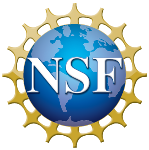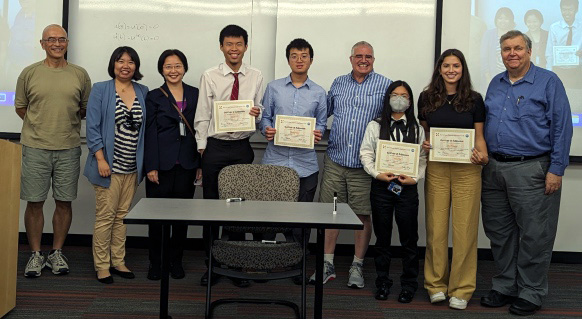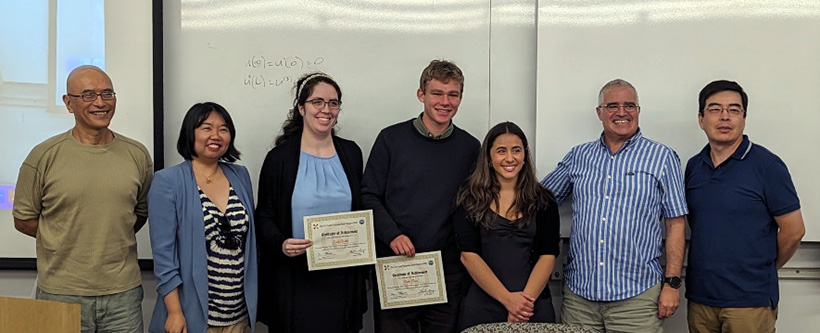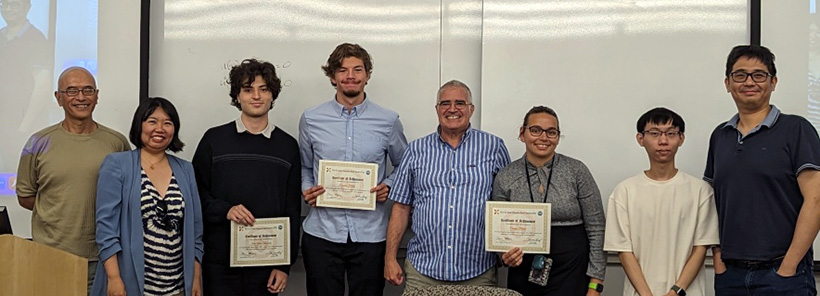Illinois Tech will host the Summer Undergraduate Research Experience (SURE) 2025 from June 2 to August 8, 2025. This program offers immersive, hands-on research opportunities that allow participants to explore exciting data science and computational mathematics topics.
About SURE 2025
At SURE, we bring the classroom to life by offerings. Dive into real-world research experience that address today’s most pressing data science and computational mathematics challenges. Guided by Illinois Tech’s distinguished faculty and graduate mentors, SURE students will build technical skills and learn to think critically, gaining first-hand insight into academic research.
Program Benefits
Stipend and Free Housing: SURE candidates receive a weekly stipend of $550 for ten weeks, plus free housing on campus. This financial support allows them to focus on research and fully engage in the SURE experience without worrying about additional expenses.
- Cutting-Edge Research Projects: Work on impactful projects in machine learning, data analytics, computational modeling, and more. Each project is designed to challenge and equip with highly valued skills in today’s job market.
- Collaboration and Teamwork: Join a dynamic community of peers, graduate students, and faculty, working as part of a research team emphasizing cooperation and mutual growth. This experience fosters teamwork and communication skills essential for success in any career.
- Professional Development: From technical workshops to mentorship sessions, SURE provides a well-rounded experience, helping students navigate the complexities of research, understand research ethics, and gain exposure to potential career paths in STEM.
Eligibility and Requirements
SURE 2025 is designed for undergraduate students with a foundational background in mathematics, including calculus, differential equations, linear algebra, and some programming skills. Currently, we can only accept applications from U.S. citizens and permanent residents.
Project Information
More detailed project information will be released soon, offering prospective students insight into the exciting research areas they’ll explore over the summer.
Supporting Diversity in STEM
SURE 2025 is committed to creating a welcoming, inclusive environment by actively recruiting students from underrepresented groups. Diverse perspectives drive innovation and aim to empower students from all backgrounds to make meaningful contributions to their fields and communities.
Join us at Illinois Tech’s SURE 2025 and discover what it takes to be a researcher, problem-solver, and collaborator. Whether aspiring to a research career or simply wanting to expand your understanding of data science and computational mathematics, SURE offers an unparalleled experience.
If you have any questions regarding the program, please contact us at yding2@illinoistech.edu.
We welcome you to Illinois Tech’s vibrant research community this summer!
Program Funding
The SURE program gratefully acknowledges the funding provided by the National Science Foundation, whose support makes this opportunity possible for students to pursue cutting-edge research and development.







